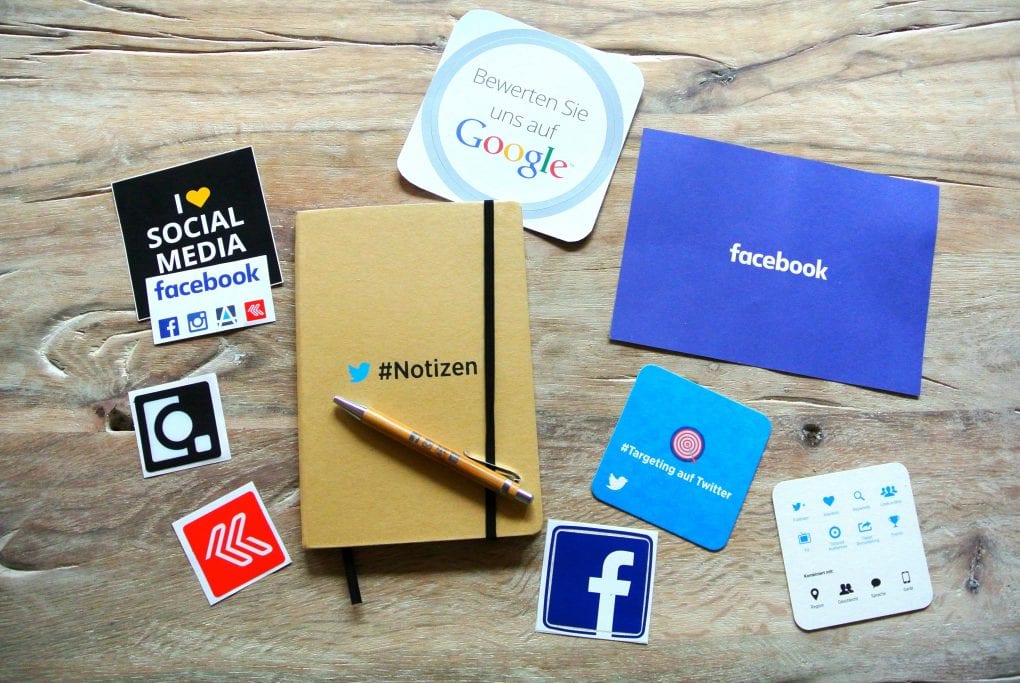By: Alexis Mack
Fresh off a win against UCLA, junior quarterback and hometown hero, Justin Herbert, walks into the locker room after finishing up his media interview. I don’t know exactly what he does next, but I can tell you it’s much different than what most student-athletes do following a big game. Herbert doesn’t grab his phone and check what tweets, photos, and articles he’s been tagged in following his performance. He can’t respond to criticizers, post or retweet anything that could get him into trouble. In fact, much like his 4.08 GPA on his transcript, his social media presence is virtually flawless and pristine.
Despite what you might be thinking, Herbert isn’t some social media guru. In fact, he’s quite the opposite. How does he do it? Unlike most high-profile student-athletes, Herbert doesn’t believe in having any kind of presence on social media for a number of reasons.
If that’s the case then, why don’t most student-athletes follow Herbert’s lead? I would argue that although Herbert’s lack of social media works out for him, it’s not the answer for everyone. Social media is a powerful thing, and if done wrong, it can cost a student-athlete greatly. However, if done right, athletes can use their social media in an impactful and positive way.
https://devzone.positivecoach.org/resource/video/recruiting-how-social-media-can-make-or-break-you
Being a student-athlete myself, there are a few simple ways I have found that student-athletes can best use their social media platforms. If all student-athletes follow these simple rules they will be able to have a powerful impact on their: team, sport, school, fans, and community.
A Student-athlete’s Power to Platform: 5 Simple Social Media Rules All Student-Athletes Should Follow
1) Know Your Brand
Student- athletes should know what is important to them, and the personality they want to convey on social media. Questions like: What are my passions? What makes me unique? Positive things I can showcase? What kind of social media personality do I want to have? These are all things that a student-athlete should ask themselves when they are defining what their social media presence looks like.
2) Public vs. Private Profile
This is the student-athlete’s personal preference. If a student-athlete wants to have a bigger platform and voice, it is important their profiles are on public. Being private is a good option if a student-athlete just wants to use their social media platform for their personal life, and to connect with friends and family.
3) Every Post and Interaction Counts
Whether on public or private, it’s always important to follow this rule. Anytime a student-athlete tweets, posts, comments, or likes something they should ask themselves “Would I want my mom to see that?”. If the answer is no, it’s probably not something they should post or have any interaction about. Everything a student-athlete says, posts, retweets, and likes says something about who they are and adds to their brand.
4)Engage with Fans
Fans and alumni will often interact with student-athletes on their social media. Student-athletes can use their platforms to connect with them in a positive way. This creates a a sense of community, and builds a bigger and stronger fan- base both for the player and their team.
5) Team mentality
Although a student-athlete has their own personal brand, it’s important that they remember that they are a part of an even bigger brand. Everything they post reflects back on their team and their school. If it doesn’t match up with the standards and brand of the team and school, then it shouldn’t be posted.
For student-athletes that may not have a platform like Justin Herbert, social media gives them a power to a platform. It can be a powerful tool for those who are comfortable using it, and more importantly those that use it right.
For more discussion on Social Media and PR check out my blog : ” The Power of a Platform”.
Contact me: @alexissmack|| amack@uoregon.edu
